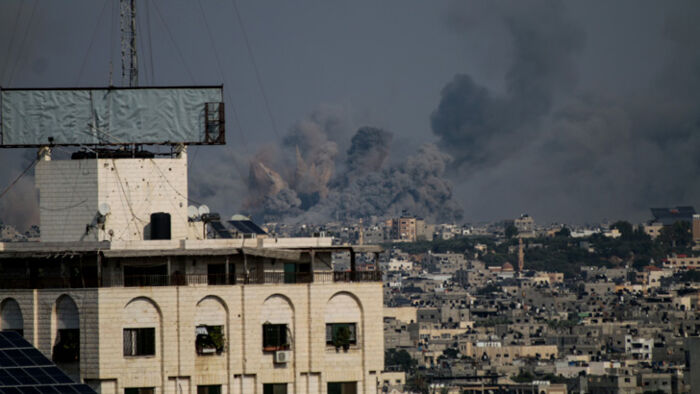Traveling to the Middle East: What You Need to Know
Amid the ongoing conflict in Israel and Gaza, and escalating tensions in the Middle East, many people planning to travel to the region may be feeling anxious and uncertain about their trips. If you fall into this category, you’re not alone. It’s important to stay informed and understand the current situation before making any decisions.
Assessing the Risks
While the Australian government has advised Australians to leave Israel and Lebanon, travel to Egypt is still permitted, and airlines continue to operate in the country. However, it’s crucial to note that the government advises travelers to “reconsider your need to travel” to Egypt overall. Additionally, there is a “Do Not Travel” warning in place within 50 km of Egypt’s border with Libya and the Governorate of North Sinai due to the high risk of terrorist attacks and violent crime.
Travel Insurance Coverage
If you’re considering canceling your trip and hoping to claim back your prepaid travel costs, it’s important to understand that coverage will depend on your insurer and individual circumstances. Most travel insurance policies exclude acts of war, political unrest, and acts of terrorism from trip cancellation. However, some insurers may allow claims if the government has changed or upgraded the travel warning to your planned destination since you purchased your policy.
It’s crucial to contact your travel providers directly to assess your options for changing your travel plans. Many travel service providers offer flexible options in uncertain times, so you may not lose all your prepaid costs. Remember that all travel insurance claims will be assessed on an individual basis.
Staying Safe and Informed
If you decide to proceed with your trip or are currently in the Middle East, it’s essential to take necessary precautions and stay well-informed. Register your travel plans with Smart Traveller (smarttraveller.gov.au) so that the Department of Foreign Affairs and Trade (DFAT) knows your whereabouts and can contact you or your family in case of an emergency. Stay updated on travel advice and bulletins to stay informed about current events and official government advice.
Author’s Quote: “Traveling to the Middle East requires careful consideration and staying informed about the current situation. It’s crucial to prioritize safety and make informed decisions.”
Author’s Conclusion: “While the situation in the Middle East remains volatile, it’s important to assess the risks, stay informed, and make decisions based on your individual circumstances. Remember to prioritize your safety and consult with your travel providers and insurers for the best course of action.”

George Barham, an accomplished journalist and avid gambling enthusiast, serves as the esteemed Editor-in-Chief at fly-to-australia.com, Australia’s leading source for comprehensive gambling news and insights. With an unwavering passion for both the written word and the ever-evolving world of betting and gaming, George brings a wealth of knowledge and expertise to the helm of our editorial team.



